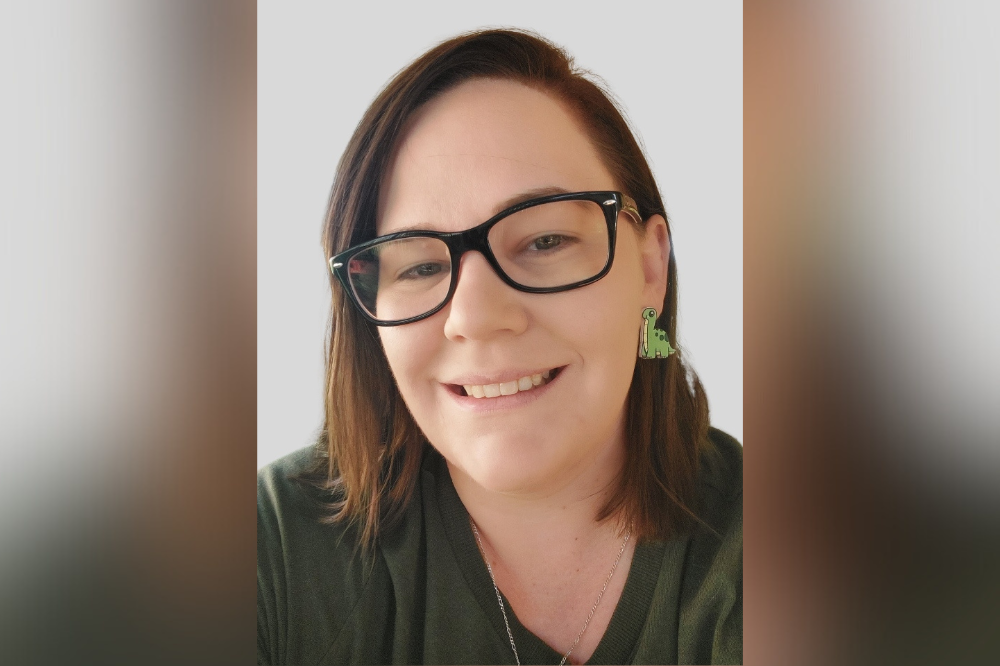
This article is sponsored by Candace Neville
Innovation and sustainability are today’s most significant challenges for educators across Australia and the wider afield.
That reflects even more on the prowess of John Paul College’s head of digital integration and innovation Candace Neville, who has taken up the baton on both issues at the Daisy Hill, Queensland school.
Regarding innovation, she looks beyond simply buying tech and adopts a smart, practical approach.
“Innovation in education isn’t just about introducing the latest technology – it’s about reimagining how we teach, learn and connect with the world. By embedding tools like AI, design thinking and entrepreneurial projects into our curriculum, we’re preparing students to navigate the future and shape it.”
The key themes of Neville’s strategy are:
- operationally – embedding technology and entrepreneurial thinking into the college’s programs
- curriculum integration – working with teachers to design lessons incorporating digital tools, design thinking and real-world problem-solving, ensuring students gain future-focused skills
- emerging technologies – identifying and introducing tools like AI and ChatGPT, equipping staff with knowledge and strategies for using them effectively in the classroom
- infrastructure development – leading initiatives such as updating interactive whiteboards and rolling out a 1:1 iPad program, ensuring that the technology aligns with educational goals and remains future-proof
- real-world connections – integrating entrepreneurial projects into learning through partnerships with universities and industry connects students with real-world challenges and solutions
Going green
Sustainability extends far beyond classrooms as the threats from climate change impact all facets of life.
Neville is focused on ensuring that John Paul College’s students are prepared to contribute to creating a more sustainable world.
She says, “Education must be forward-thinking, not just reactive. By aligning our teaching strategies with emerging trends and sustainable practices, we ensure that our students are equipped to lead and innovate in a world that demands adaptability and responsibility.”
In this area, Neville’s initiatives are centred around embedding sustainability into operations and teaching:
- eco-friendly practices – reducing printing across the primary school by promoting digital workflows and developing staff digital literacy
- sustainable design – ensuring that design projects, such as those in Year 4, use recyclable materials, teaching students the value of sustainable choices
- staff training – aligning artistic and design practices with the school’s environmental goals by upskilling staff in sustainable technologies like sublimation
- resource management – ensuring that technology and materials are efficiently used and recycled, reducing waste and environmental impact
Preparing tomorrow’s leaders
Neville believes that both challenges are intertwined, the momentum from each driving the other on.
Both are essential parts of preparing students to thrive in an evolving world, which the college does by integrating cutting-edge technology and fostering entrepreneurial thinking.
Neville says, “In an ever-changing world, innovation inspires growth and sustainability ensures that growth benefits both people and the planet. Together, they empower students to think boldly, act responsibly and shape a future we can all be proud of.”


